Opioids, sometimes called narcotics, include strong prescription painkillers including hydrocodone and fentanyl, as well as the illegal drug heroin. A doctor may prescribe opioids to reduce pain after surgery and major injuries. Risks of opioids use include drowsiness, slowed breathing, mental fog, nausea and constipation.
Other risks include dependence and addiction. Dependence means feeling withdrawal symptoms when not taking the drug, while addiction is a chronic brain disease that causes a person to compulsively seek out drugs. The risk of dependence and addiction are higher if you abuse the medications. Abuse can include taking too much medicine, taking someone else’s medicine, taking it in a different way than prescribed, or taking the medicine to get high. The best ways to avoid dependence and addiction are to limit the use of opioids to only those conditions that require them and to the lowest needed dose for the shortest possible duration, and also to follow new guidelines that call for very close monitoring by physicians of all patients taking opioids.
